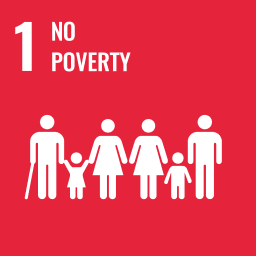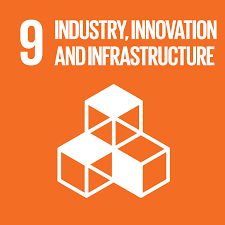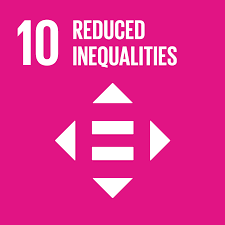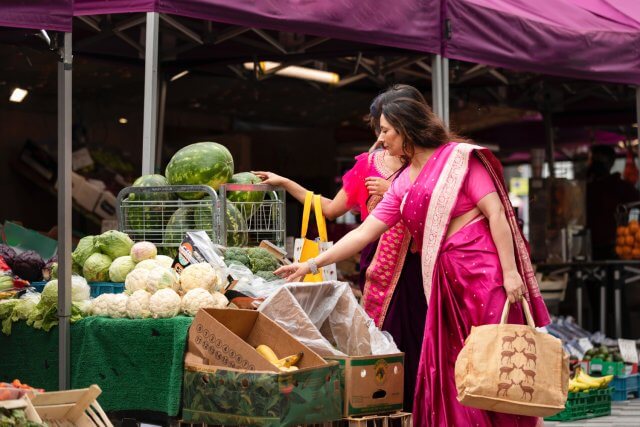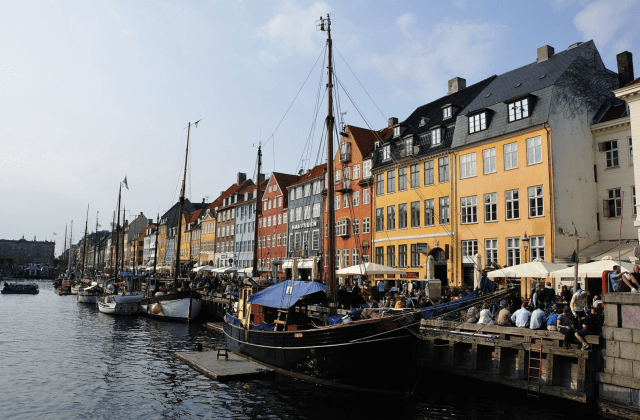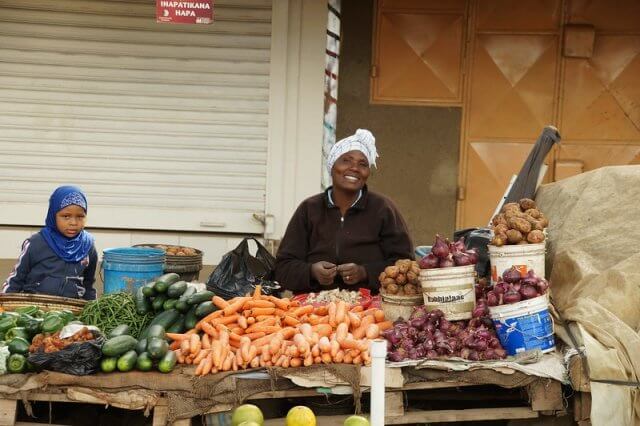The action and its aims
The aim of the Vancouver Plan is to create a more liveable, affordable, and sustainable city. This includes creating a resilient and equitable Food System. There are five policies in the plan focusing on Food Systems:
- Enhance citywide food accessibility by backing food-related retail and services, and broaden commercial-retail opportunities across more neighbourhoods. Incorporate culturally appropriate choices where feasible.
- Acquire additional space, reduce obstacles, and establish incentives for food and medicine gardens, urban farms, and harvesting to promote Reconciliation, amplify prospects for local food production, and foster a deeper connection to land and waters.
- Bolster Vancouver’s food supply chains, encompassing food wholesale, retail, manufacturing uses, food hubs, farmers markets, and urban farms, and mitigate the displacement of these vital food resources.
- Utilise new development or community infrastructure projects to seamlessly integrate community food assets, including spaces for cultural celebrations, neighbourhood food storage, cultivation, harvesting programming, and covered picnic facilities.
- Address the impacts of climate change, biodiversity, water systems, and waste management within the food system.
When it was introduced
The Vancouver Plan was introduced by the city council of Vancouver in 2022 after a multi-year public engagement process. In this process, the city sent out surveys, held dialogue sessions and workshops, and engaged with partners such as the Metro Vancouver Aboriginal Executive Council, Neighbourhood Houses, the Vancouver Planning Commission, members of the Vancouver Immigration Partnership, and other community and educational partners. More about this process can be found here.
Why it was needed
Due to financial constraints caused by poverty and high prices of food, 10% of Vancouver households lack access to food. This percentage is higher among marginalized communities, like people of colour and Indigenous people. Important Indigenous food sources and practices around food have been erased as a result of colonization. Further, the government states that the food supply chains are vulnerable to disturbances from increasingly frequent global climate, health, political, or economic events. In response to these challenges, Vancouver is committed to envisioning resilient and equitable Food Systems.
Who initiated it, who is involved
The Vancouver Plan was established by the City of Vancouver. The City engaged with Musqueam, Squamish, and Tsleil-Waututh Nations (the Nations), urban Indigenous Peoples, residents, senior governments and regional authorities, community groups, businesses, non-profits, civic advisory bodies, and other stakeholders. The process involved City Council and all departments of the City.
Impacts to date
The Plan was approved by the Council on July 22, 2022 and is now in its implementation phase. The staff are revising current plans and policies to ensure their alignment with the Vancouver Plan. Updates on the implementation phase can be found here.


